South Korea - here's how much money you need
Three months flew by. My first solo trip I've ever embarked on. While most of my friends used their time after school to travel abroad, I diligently pursued my bachelor's degree and now, in December '22, entered full-time professional life. But before the chance to enjoy freedom abroad again is limited, I finally had to plan my first, self-financed and sole stay abroad. I stayed in South Korea for three months to get the most out of it, to grow on a trip, to have experienced something and finally to go to the long-awaited country that I had dreamed of for so long and have been saving money for for some time since 2020.
I would like to answer one of the by far most exciting questions for you today: how much did my entire three-month trip to South Korea cost? When I found out about South Korea back then, I couldn't really find anything in terms of costs. So I had no idea what to expect, how many costs I could expect, whether my money would even be enough or not. To change that, I decided to keep a journal of all my expenses over the three months. Every water bottle, no matter how small, that I paid for, up to big trips, flights or meals are documented so that nobody has to be surprised anymore in the future. Because the Internet does not always provide all the answers, in the end you always have to experience it yourself. So if you want to know what to expect in Korea, stay tuned!
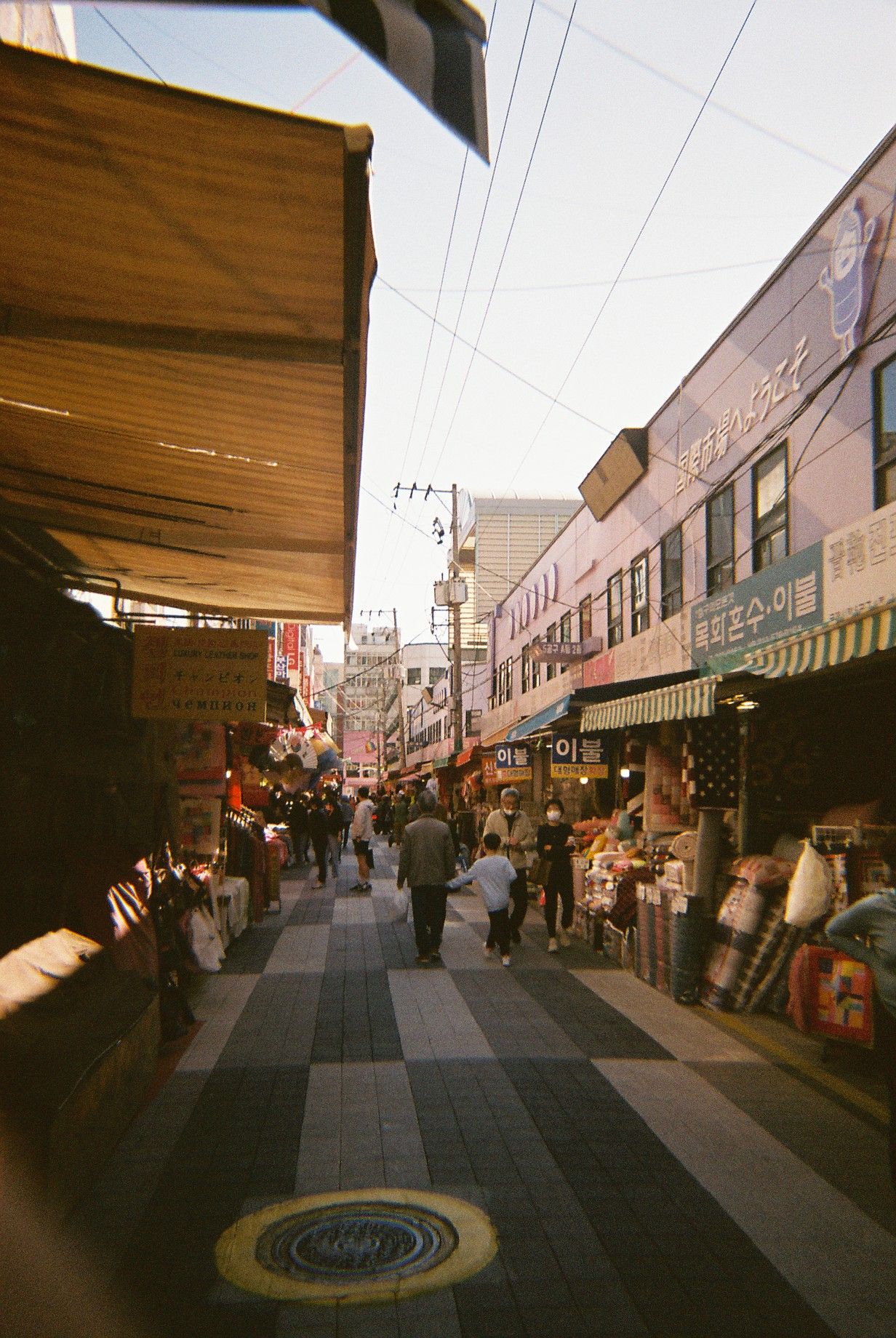

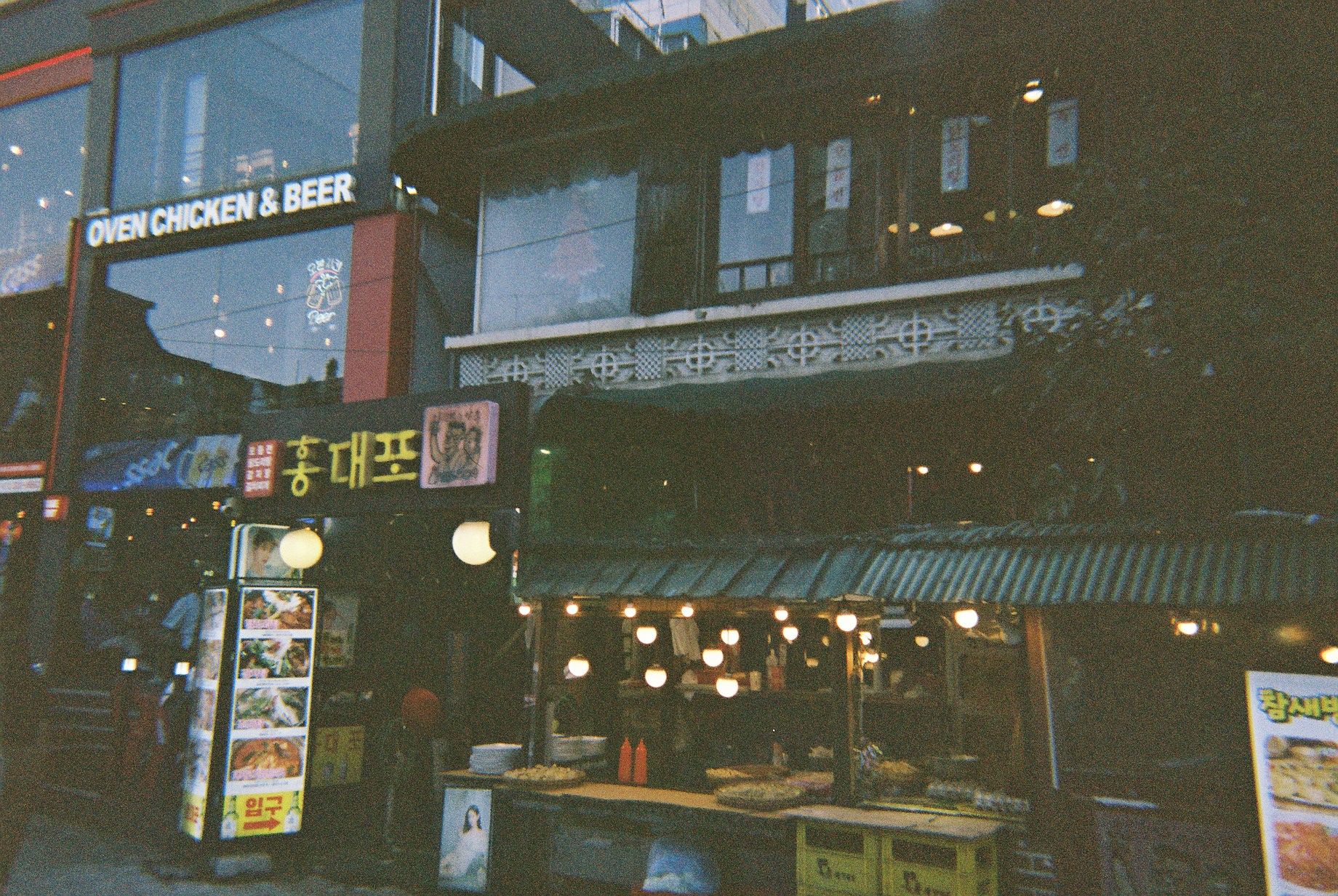

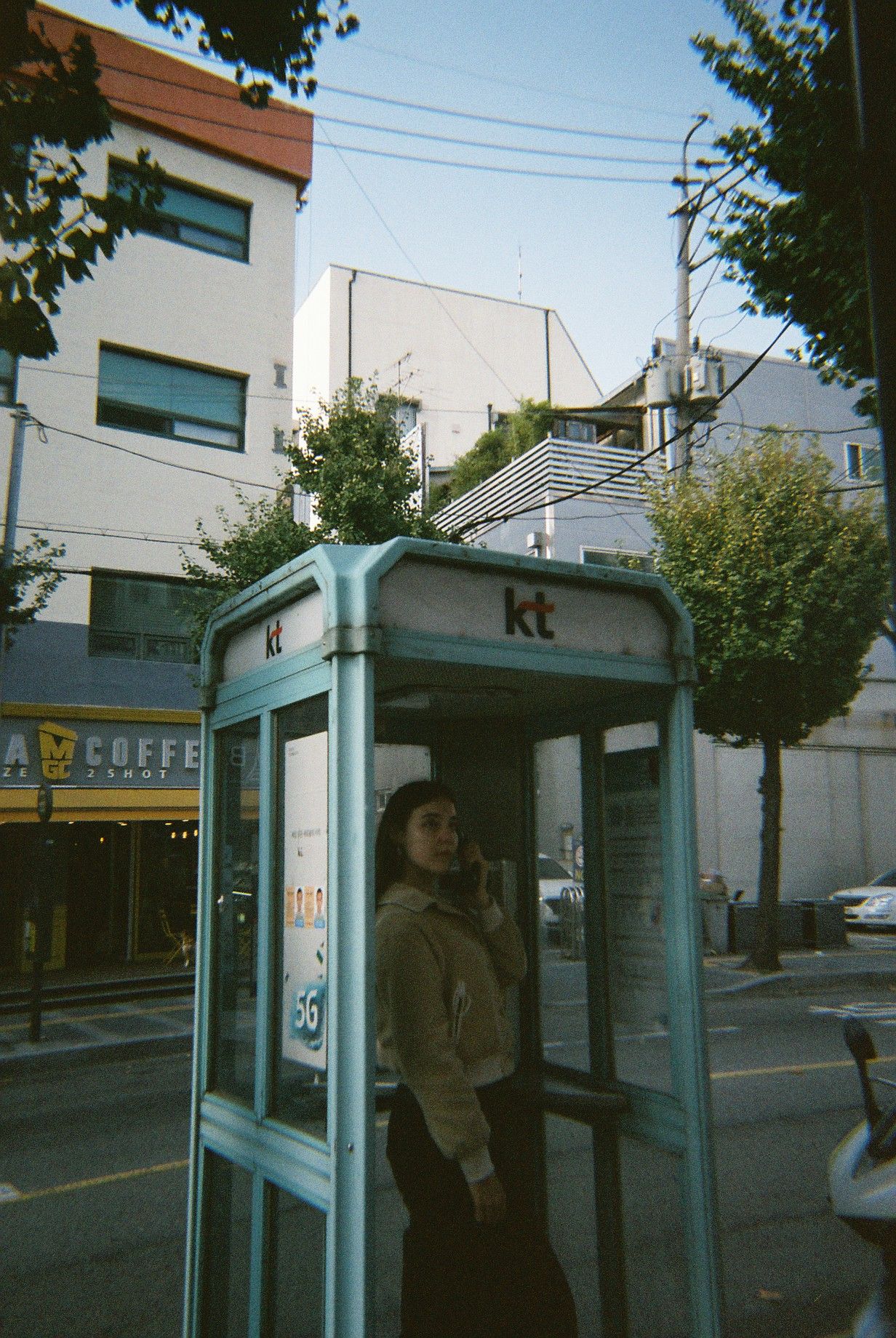

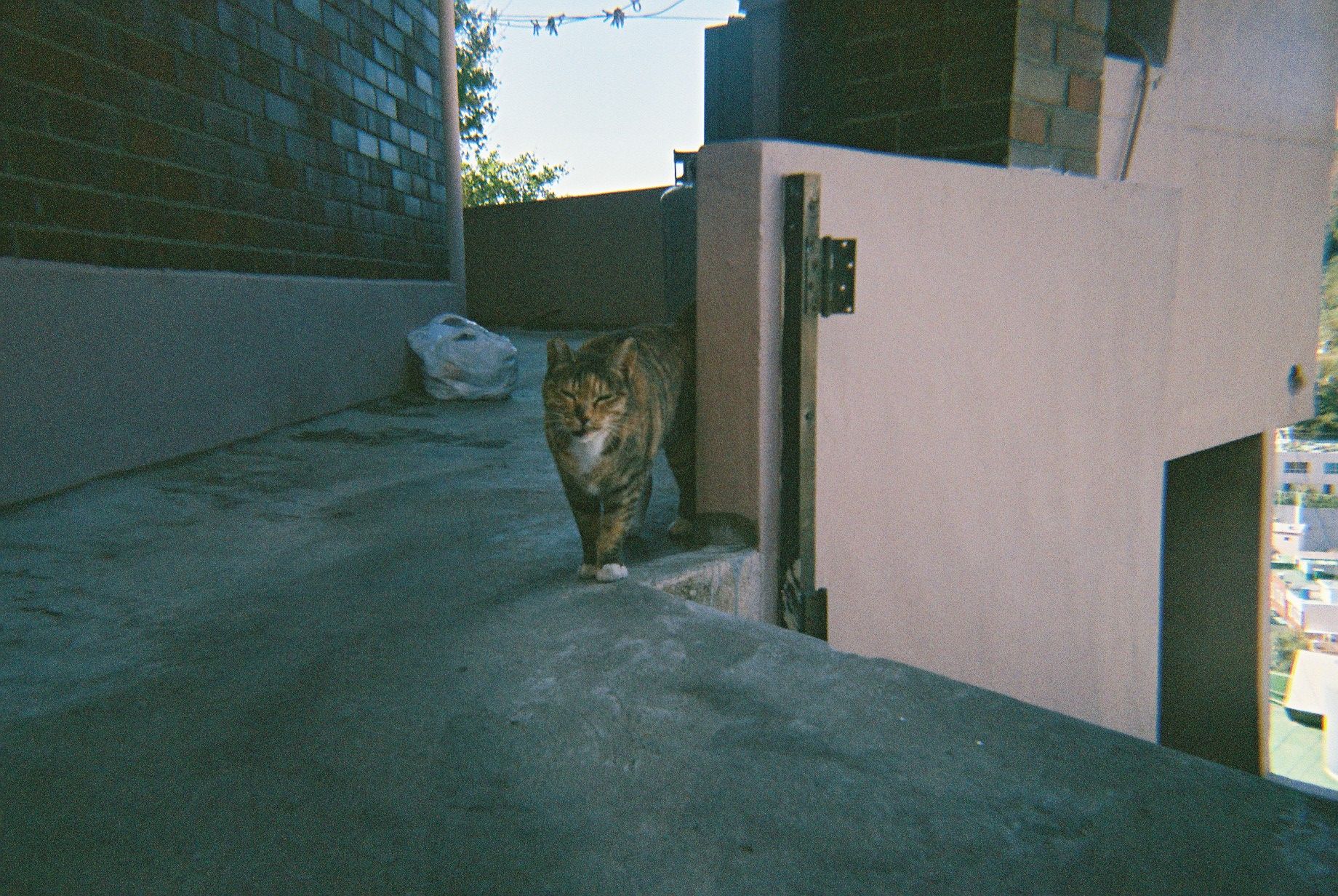

Overview
Travel expenses (accommodation, flights, hotel, etc.)
Living expenses (food, grocery shopping, transportation)
Leisure costs (shopping, language course or similar)
Total costs + conclusion (summary of all costs)
Travel expenses
Flights & Trains
When it comes to travel expenses, it can be said in general that, as is usually the case, I recommend everyone to book their flights and accommodation as early as possible. Since I already booked my flight from Frankfurt to Incheon in March '22, I not only got a really good direct flight from a good airline "Asiana Airlines", but also paid about 300-500€ less than a few months later, when the summer prices suddenly shot up drastically. For the entire duration of my stay, August 24th to, initially, November 15th, I paid a fare of 641€. I later rebooked my flight to November 21st for a price of 55€, thus extending my trip by a week. I flew there in 11.5 hours and back, due to a route change, in 13.5 hours. I traveled with the 90-day tourist visa, which I had to apply for online in advance via K-ETA. A PCR test before departure and after landing was still mandatory, but no longer is.
I booked all other domestic flights in Korea via portals such as www.bookings.com, www.cheaptickets.de, www.check24.de, Skyscanner or sometimes even directly via the airline, e.g. Korean Air or Jeju Air depending on the deal. For example, I flew to Busan twice and one time paid about €200 for just flights and hotel for a whole weekend alone, while the second time I paid about €50 more because the big BTS concert was taking place that weekend and all the good offers were already gone. So the prices are always different depending on the circumstances.
Why did I fly at all? This has one big advantage in particular: it saves time and is simply comfortable. While the train to Busan can take between 2-6 hours, depending on how much you want to pay (similar to Germany's ICE, IC, Flixtrain, Regio, etc.), the flight takes a full 45 minutes. In Korea, I've only had positive experiences at the airport so far: Baggage check-in takes less than 5 minutes, security maybe 10 minutes and baggage on arrival doesn't even take 5 minutes, but it's already running on the assembly line long before you've even arrived yourself , so that you can get going straight away.
But for a long time I simply believed that trains were more expensive. Unfortunately, as I found out towards the end, this is not the case. In any case, it is cheaper if you buy your ticket directly at the counter at the main train station in South Korea. Unfortunately, since you can’t book a ticket online yourself due to the conditions (standard: you need a Korean credit card or an Alien Reg. Card), you had to use external providers such as Railninja, who then pretty much rip you off. When I went to Daegu by train, I paid almost 50€ via Railninja for a 4.5h regional trip (round trip), while a single ticket bought at the counter cost 20,900 KRW ~15€ for one trip. So this would have been €30 for a round trip, if you had bought the tickets at the counter.
Conclusion: Trains are usually cheaper, depending on which train you take and where you are going. But there were also flights to Jeju for as little as €35 round trip, so it really comes down to the offer and where and when you book it. So take your time to go through all the options!
Here are all the flights and trains I booked during my stay at a glance. The prices all refer to one person, unless it is explicitly stated otherwise (then marked with "p.P" = per person).
Direct return flight Frankfurt - Incheon (24 Aug - 15 Nov): 641€
Change flight 15 Nov to 21 Nov: 55€
Round-trip Gimpo, Seoul - Jeju-Thu (30 Aug - 03 Sep): KRW 98,500 ~ 75€
Round trip Gimpo, Seoul - Busan (30 Sep - 03 Oct): KRW 118,200 ~ 85.99€
Round trip Gimpo, Seoul - Busan (14 Oct - 16 Oct): 138.58€
Train Round Trip (via Railninja for 2 people) Seoul - Daegu (16 Nov - 20 Nov): 98.81 USD ~ 100€, PP 50€
Train Seoul - Daegu (Nov 16): 20,900 KRW ~ 15.62€
1-Day Round-Trip Shuttle Bus Seoul - Nami Island: 25,000 KRW ~ 17.30€
Accommodations
As far as accommodation is concerned, there are many options. There are enough multi-room beds, youth hostels and one rooms in Korea that could have been booked. I admit that I preferred the luxury of an orderly hotel here, including breakfast and a single room where I could have my peace. You are more than willing to pay the price for it. Among other things, I booked a hotel in Incheon from November 20 to November 21 to make it easier for me to get up and to avoid the stress of going to the airport early in the morning. Incheon is at least 2 hours from the center of Seoul by public transport, which only runs at certain times in the early morning anyway. Taxi would have been the most expensive option here and a night bus the longest.
For long-term stays I recommend booking an Airbnb or if they are cheaper than hotels and you value a cozy home. With my Airbnb in Seoul, I paid particular attention to these criteria: low price, good location to the university, kitchen, private bathroom and laundry facilities. I was very happy with my accommodation in Sillim-dong as it met all the criteria and ended up costing me a total of €892.68 for the whole three months (25th August to 15th November). €337.47 was due immediately, €326.59 on September 15th and €228.62 on October 15th. You can find the accommodation here, although I got a different room than in the picture: Airbnb in Sillim-Dong
Here is also an overview of costs for all booked accommodation:
Airbnb in Sillim-dong, Seoul for 83 nights (25 Aug - 15 Nov): €892.68
Hotel in Seogwipo, Jeju-Do, 3 people incl. breakfast (30 Aug - 03 Sep): 165€, pp 55€
Central Hotel in Busan incl. Breakfast (Sep 30 - Oct 03): 152,873 KRW ~ 110.48€
Hotel in Busan outside of the city, 3 people incl. breakfast (Oct 14 - Oct 16): 315.92€, p.p. €105.31
Airbnb in Daegu (16 Nov - 20 Nov), 2 people: €133.74, pp €66,875
Hotel in Incheon (Nov 20 - Nov 21): KRW 66,785 ~ €47.82
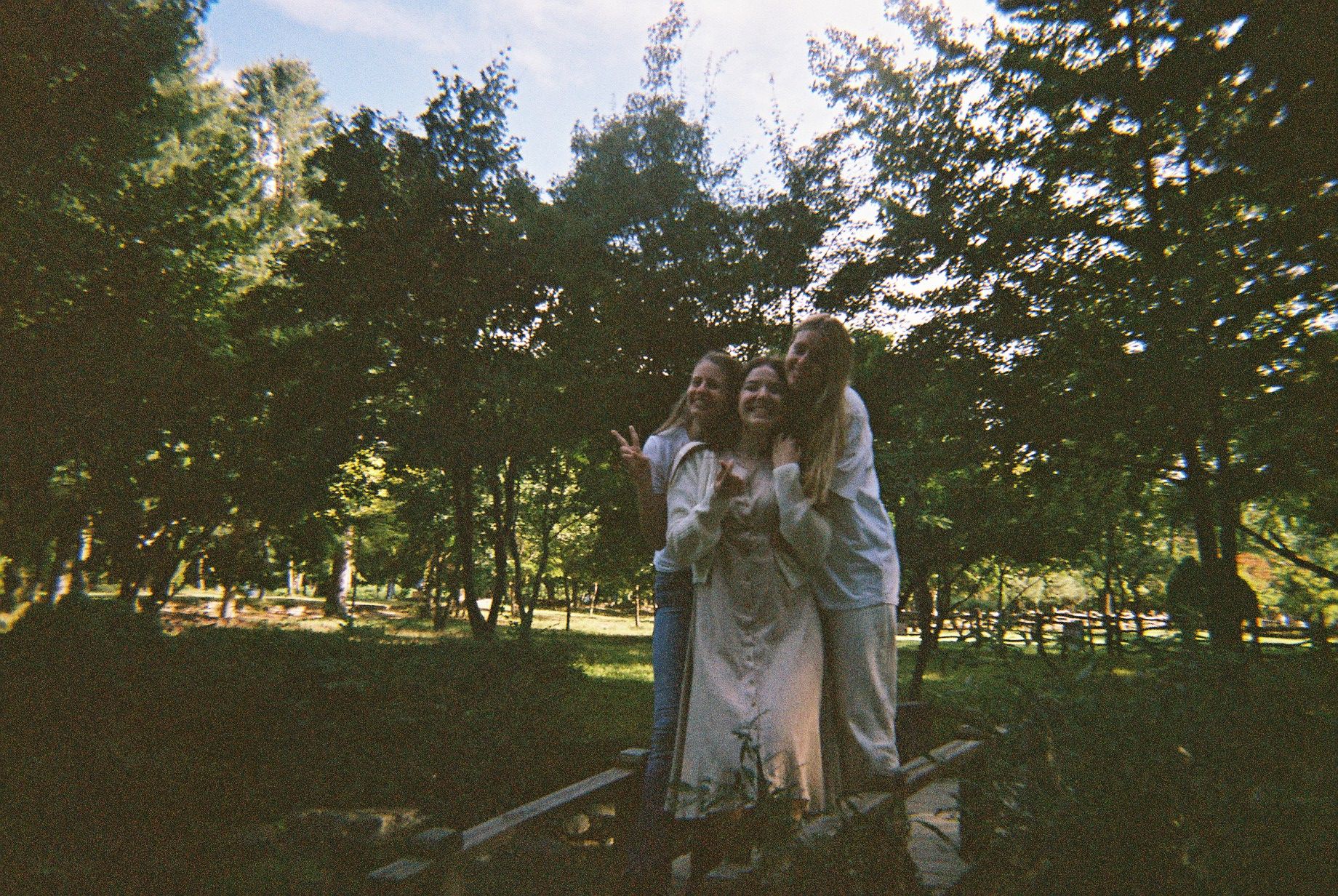

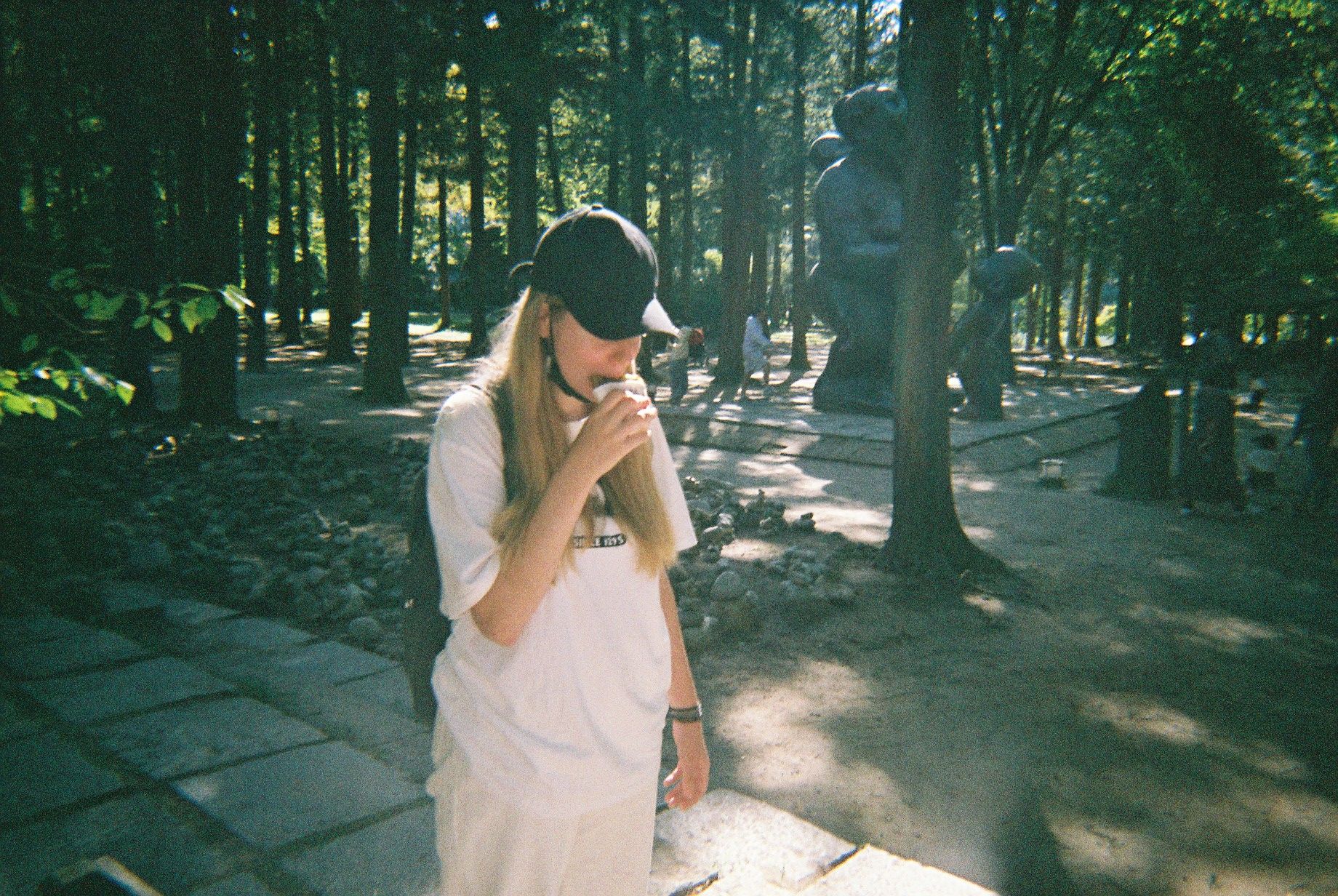

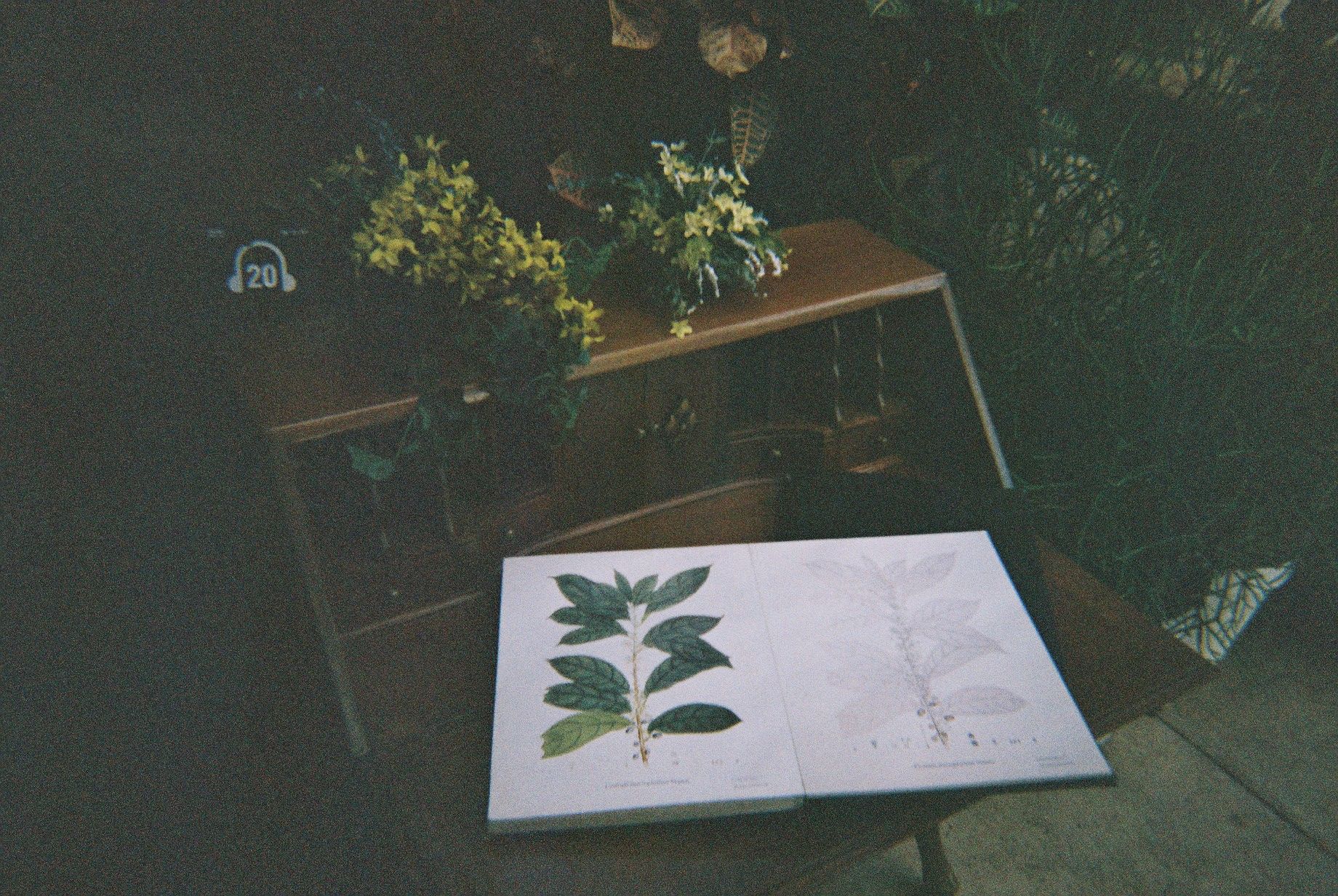

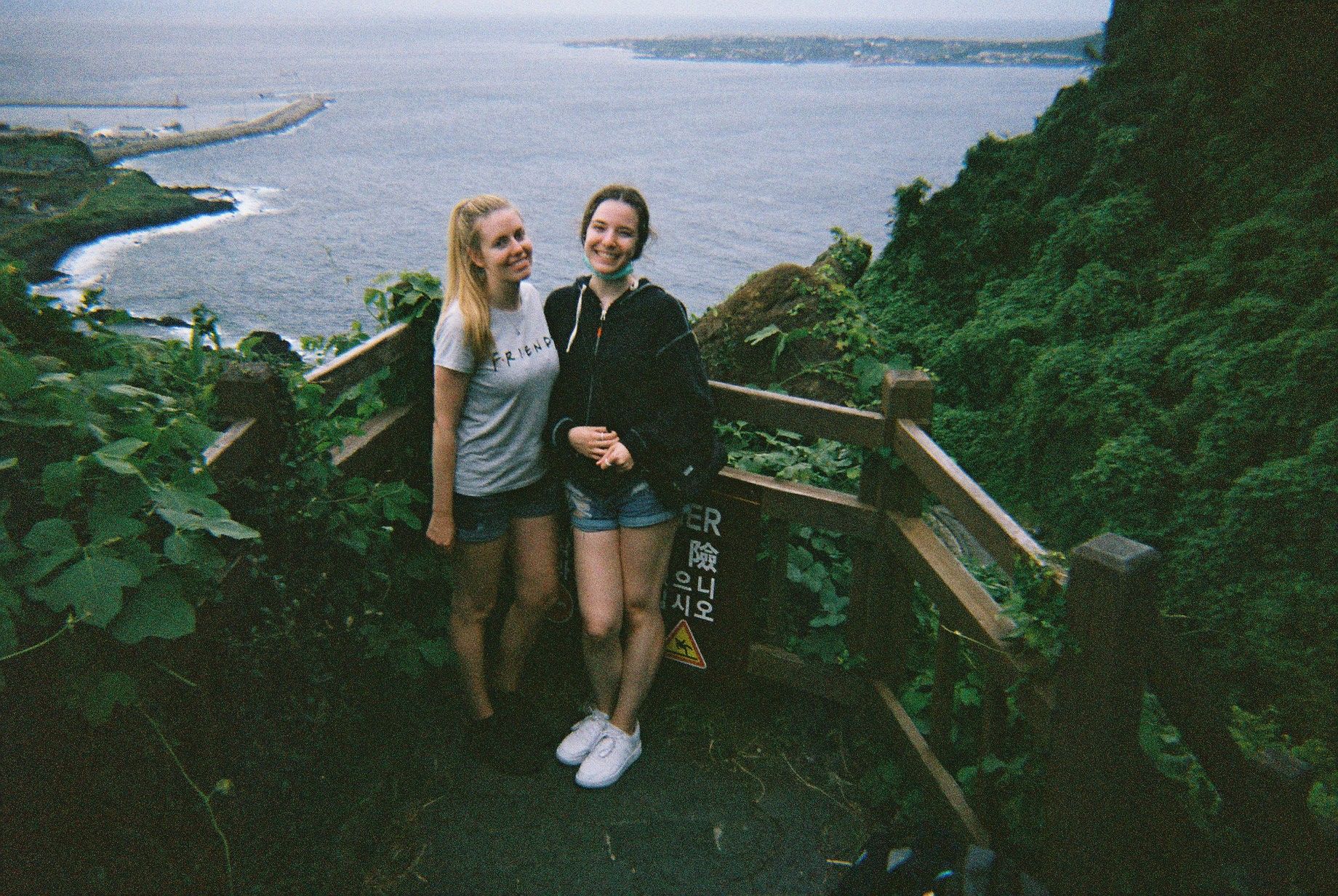

Living expenses
Restaurants, Cafes & grocery stores
Let's skip to the interesting part: how expensive or cheap is it to live in Korea? Korea exceeded all my expectations. I reckoned with expensive European prices, so I even thought that cooking would be cheaper than eating out, which is why a kitchen in my Airbnb was so important to me. I thought wrong. I found out pretty quickly that eating out is actually pretty cheap (we're talking about local Korean food here).
Eating out was definitely cheaper than shopping in the supermarket. While I would have spent around €40 upwards for 2-3 days of food in the supermarket (we assume a healthy diet with meat, vegetables and fruit here, which is very expensive here), I prefer to save the money and eat at the next restaurant around the corner for 8,000 - 13,000 KRW, i.e. no more than 6-10€ per meal, including water and side dishes, because you don't have to pay for this in Korea. Street food is even between 3-4€ and coffee and cake between 3-6€ in a normal, cheap cafe. If you like it upscale, you can enjoy European cuisine, brunch or Indian, American etc. for 15,000 - 23,000 KRW and up, so here directly 15-20€ per meal.
In pure convenience stores I spent almost 280€ in total, including especially candy, ramen/noodles, ice cream, toast, Nutella or something simple like pads, charging cables, headphones, HDMI cables etc. I don't want to know how much I paid if I had had to buy groceries in the supermarkets every day. Most of the time I actually ate out Korean and saved quite a bit of money that way. For this, however, I reduced my meals to 1-2 per day instead of 3, as usually the case in Germany.
But I spent most of my money in cafes, some of them were expensive, some of them were very cheap. For example, brunch cafes were the most expensive and I stayed in them the most. Good food has its price, but you can definitely save these costs. But some of the low prices are quite tempting - a coffee to go here, a quick sandwich in the evening, a croffle for blogging, etc. I had a really good time here, as you can see later in the list.
Transport, SIM card & household
Transportation in Korea is quite cheap or affordable. I hardly drove a taxi, but when I did, it never cost more than 20,000 KRW ~ 15€, even for long distances that lasted more than 30 minutes - hardly imaginable in Germany. I used public transport the most. There is no monthly or annual pass here, so I think it's even more expensive to use public transport in Korea on a yearly basis. For the entire three months, I paid 237,000 KRW ~ 170€ here and drove almost every day.
Regarding the SIM card - you can buy one quite cheaply in the convenience store, but I couldn't activate it on my own. Instead, I went to a cell phone shop down the street (e.g. SKT) and got a contract with a prepaid SIM card there, for which I paid 10,000 KRW ~ 7€ and 39,900 KRW ~ 29€ per month with 15 GB data volume, including calls and SMS. Far too expensive, but I didn't feel like fumbling with it. My friend later switched to a much cheaper contract, so anything is possible here as well.
I also bought some household goods, e.g. in the popular store "Daiso". Daiso is similar to the Tedi in Germany - a lot of useless stuff and incredibly cheap. Here I bought a pillow, stationery, pads, calendars, handicrafts, cutlery, etc. A blanket for the winter is also included, as well as makeup, toothpaste, etc. In another popular shop called "Artbox" I've bought really creatively stationery, handicrafts or unnecessary odds and ends.
Here is everything at a glance for the entire three months:
Total cafes (food, drink, snacks, etc.): 1,129,700 KRW ~ 814€
Total Food & Drink (Outside of cafes, e.g. restaurants, fast food, bakeries, snacks, etc.): 856,700 KRW ~ 618€
Total convenience store purchases (noodles, toast, sweets, electronics, ice cream, drinks, masks, etc.): KRW 386,158 ~ 278€
Total household expenses (duvet, pillow, cutlery, crafts, decorations, makeup, tights, stationery, etc.): 330,600 KRW ~ 238€
Total Transportation Cost (Public Transportation Bus & Train with T-Money Card): 237,000 KRW ~ 171€
Total taxi (generally always between 10-30 min): 89,500 KRW ~ 64€
Korean SIM card with monthly tariff 15 GB: 10,000 KRW (one time) + 39,900 KRW p.m. = 129,700 KRW ~ 94€ for three months
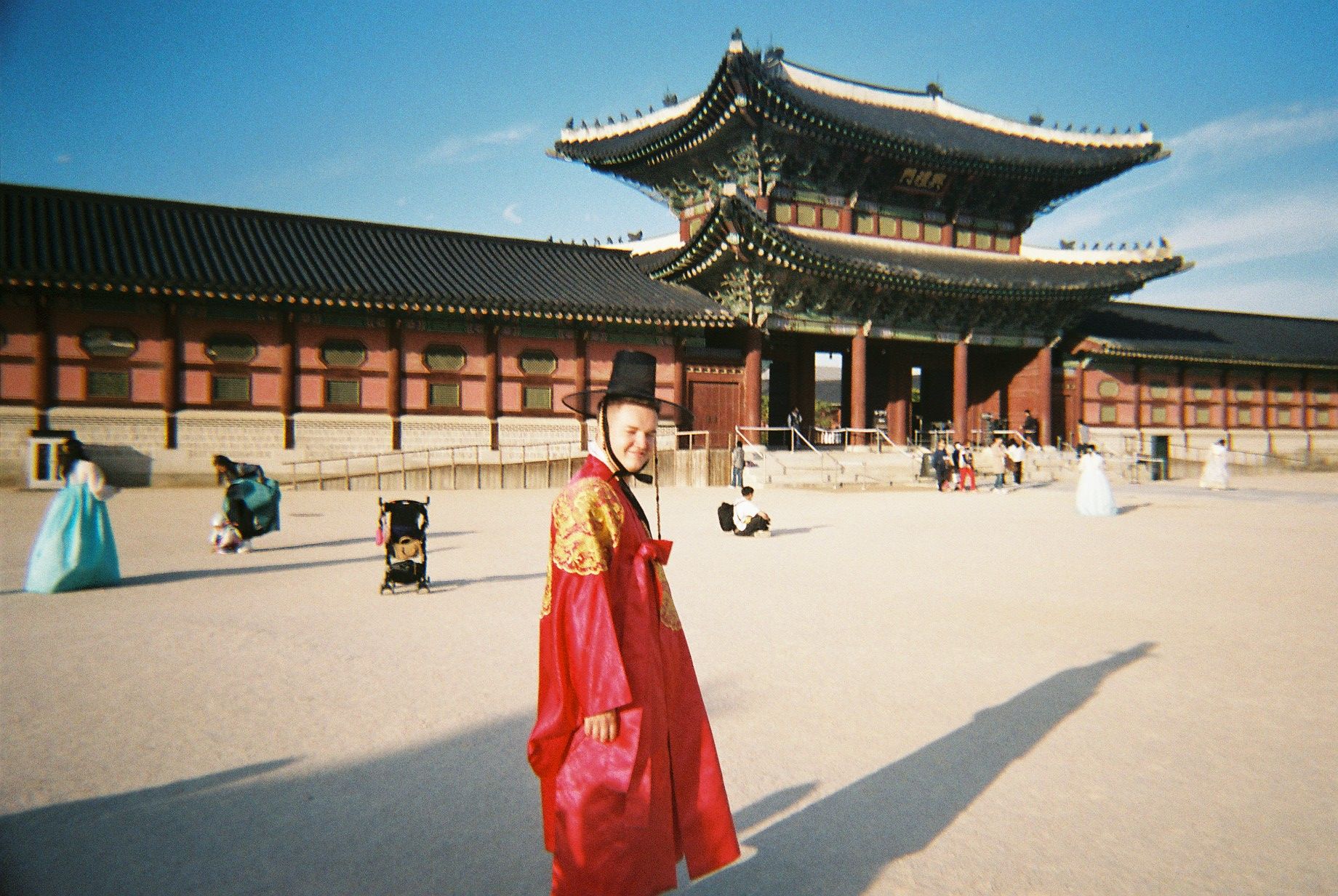

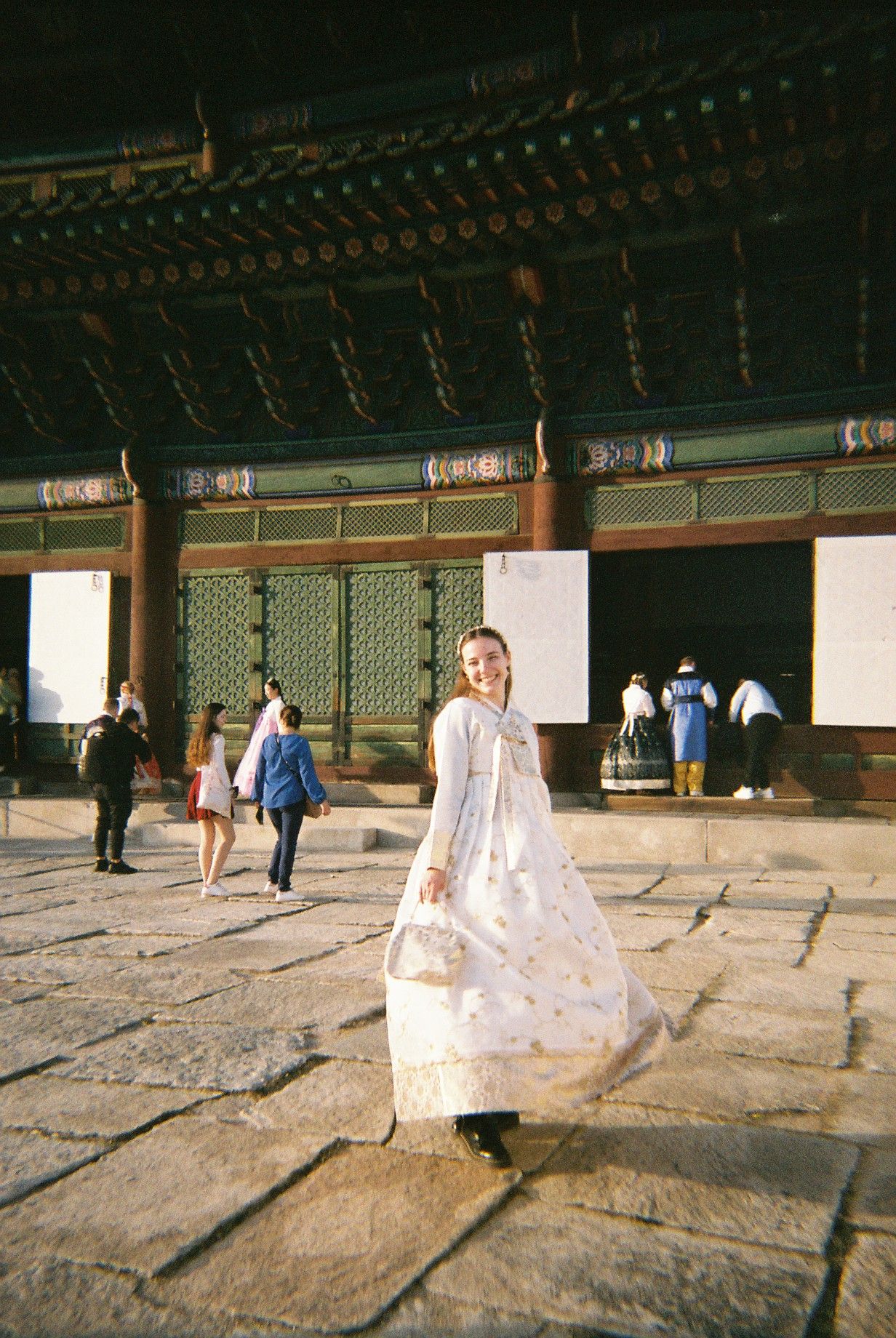

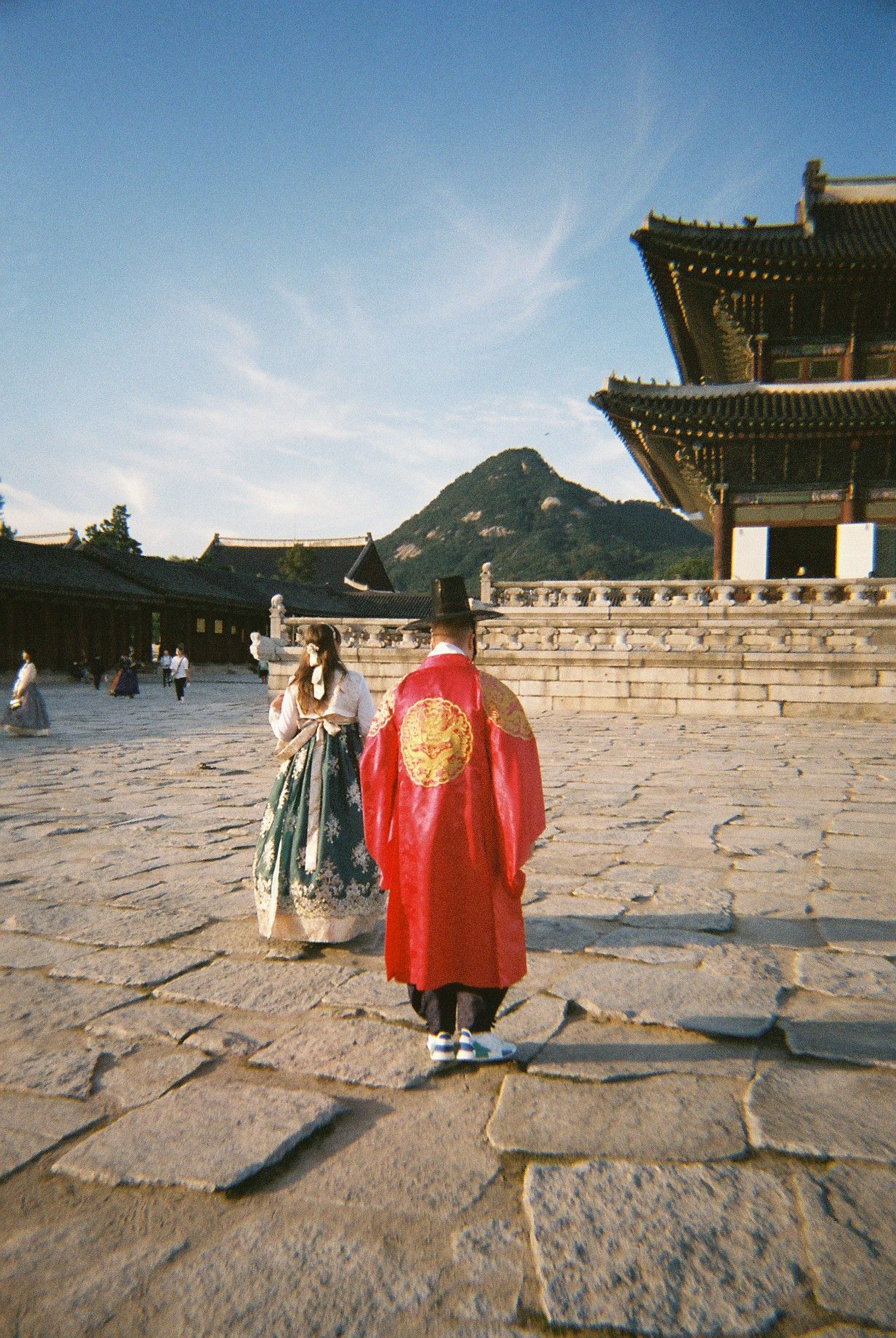

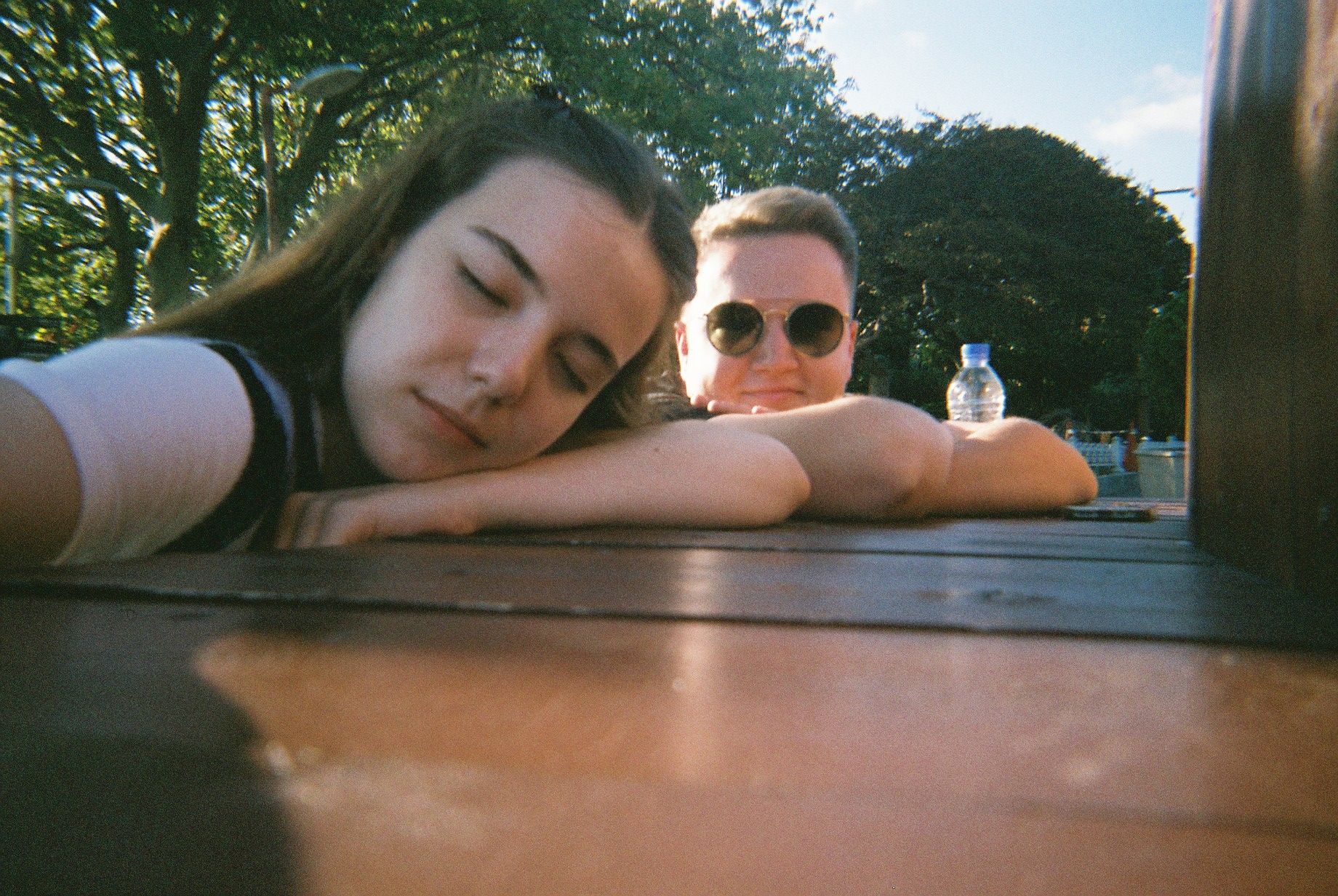

Leisure costs
Shopping (clothes & accessoires only)
What shocked me the most about summarizing my expenses is that I actually spent most of my money on shopping. This only counts clothes and jewelry, not even K-Pop albums or souvenirs - Here we would be at about 1,462,500 KRW ~ 1054.31€. The reason for this was not only that I fell in love with Korean fashion, but also simply wanted to exhaust everything after saving forever. But then to see the high sums afterwards, did hurt a bit. This actually makes cafes and shopping one of the two things I spent the most money on.
Admission fees & Language Course
Admission prices include things like the Lotte World Tower, Lotte World Amusement Park, cable cars, museums, etc. But don't worry - these are actually quite cheap unless you necessarily buy a Fast Pass everywhere.
The 10-week Korean language course at the SNU has been one of the most expensive expenses at 1,730,000 KRW, approx. 1348.63€ + 60,000 KRW ~ 45€ processing fees - at least before I dropped out of the course. By leaving the course after 5 weeks I got a refund of €602.41 which actually helped me a lot at that point as I had spent more money on shopping than I thought. In the end, I only paid €746.22 + €45 processing fee for the course = €791.22.
Souvenirs, shipping costs & other
Souvenirs, be it for family, friends, boyfriend and even for myself, cost me around 374,460 KRW ~ 270€, which I actually didn't expect. For me, the souvenirs are typical things like magnets, postcards, bookmarks, K-Pop albums, jewellery, handmade cups, chopsticks and much more. They were all super cheap, so the quite high price in the end surprised me. But I guess the cheaper, the more you buy and it all adds up. The most expensive thing here was actually the high-quality tea from Jeju at 78,000 KRW ~56€.
Other expenses include karaoke nights, PC Bang fees and K-Pop albums. I got about eight K-Pop albums, but in Korea they don't cost more than 10-17,000 KRW per album ~ 8-13€, so much cheaper than in Germany. The other expenses include, for example, locking fees for lockers at the main train station or going to parties, where I spent all the rounds for us, among other things. Or that I e.g. bought a ticket for a K-Pop livestream concert and an official membership to get benefits. I also got a new hobby and spent a good 85,000 KRW on it - building miniature houses. However, these are all costs that are not necessarily a standard part of this trip and therefore fit well into the "leisure costs" category.
And as for the shipping cost - oh dear - don't get me started on that. Sending postcards is more of a joke at around 1,000 - 2,000 KRW per two to three postcards. Due to my too many K-Pop albums and clothes, I had to send two huge 15kg packages to Germany for 335,000 KRW ~ 246€ (Airmail + Tracking) - ouch. Be aware of this before you buy too much! Because the airlines charge just as much money for excess and extra baggage as if you send parcels. It would have ended up being the same if I had bought a new suitcase and registered an extra baggage, which unfortunately costs 200,000 KRW with Asiana Airlines. If my boyfriend hadn't flown to Korea and taken some of my things in his suitcase, I probably would have paid more. Another option would have been delivery by ship, which is significantly cheaper, but takes up to three months and does not include tracking - the risk would have been too great for me.
hold on tight; Here is the summary of all leisure costs:
Shopping (only clothes and jewelry): 1,462,500 KRW ~ 1054.31€
Korean language course (including processing fee and refund deducted): 791.22€
Textbooks for the language course: 70,000 KRW ~ 52.35€
Souvenirs (for friends, family, boyfriend and myself; including postcards, magnets, chopsticks, handmade mugs, etc.): 374,460 KRW ~ 269€
Entrance Fee (Parks, Museums, Tower, Cable Cars, etc.): 240,400 KRW ~ 173€
Other costs (PC Bang, Karaoke, K-Pop albums, miniature houses, sending postcards, locker fees, party, alcohol, misbooking, etc.): 620,850 KRW ~ almost 450€
Shipping costs (2x 15 kg parcels to Germany, Airmail + Tracking): 335,000 KRW ~ 246€
How much does a three-month trip to South Korea cost in total?
So that brings us to a total of €7,669.535 for a three-month trip to South Korea alone.
Total travel costs (calculated with p.p. price): €2,356.655 for a single person
Total cost of living : 2,277€ for a single person
Total leisure costs: €3,035.88 for a single person
If you are wondering whether I financed this trip completely on my own, the answer is yes. Basically, I financed everything myself and my money would definitely have been enough if I hadn't become too addicted to shopping in between. I admit that I ended up having to borrow some money to get through the last three weeks. But I started this journey with €7.000 and - cough - successfully spent everything.
Am I in need of money now? Absolutely. What do I learn from this? You have to be economical with your money! But let me tell you one thing - while it may seem the opposite here, I'm a very disciplined person who loves to save - how else could I have afforded this trip? I have consciously avoided unnecessary expenses for the last two years in order to be able to live the best life in South Korea. For half a year I saved €2,000 with my €450 mini job alone, in which I put away a whole €300 almost every month and consumed almost nothing, until in 2021 I finally got summer jobs and well-paid student jobs and the last one bit could be saved for another good year. Normally I'm not a person who goes bankrupt or likes to throw money out of the window. But I simply didn't want to hold back this time, because I thought to myself: "That's exactly why you saved up!". Nevertheless, you don't always have to exaggerate. On the trip I just could have spent only €5,000 instead of almost €8,000.
Conclusion
My conclusion is accordingly: Korea can definitely be afforded. You can consume a lot here (trust me!), but if you are not into shopping, pay attention to prices and expenses, place more value on traveling or backpacking through the country and visit less expensive cafes, you can do this trip just as well with only 3- 4.000€ or even less. Because life support really isn't that expensive. The trip showed me how nice it can be to consume carefree and just live and be able to afford what you have worked hard for and then just enjoy it. If you want to leave me a reaction, question or comment, feel free to comment below!
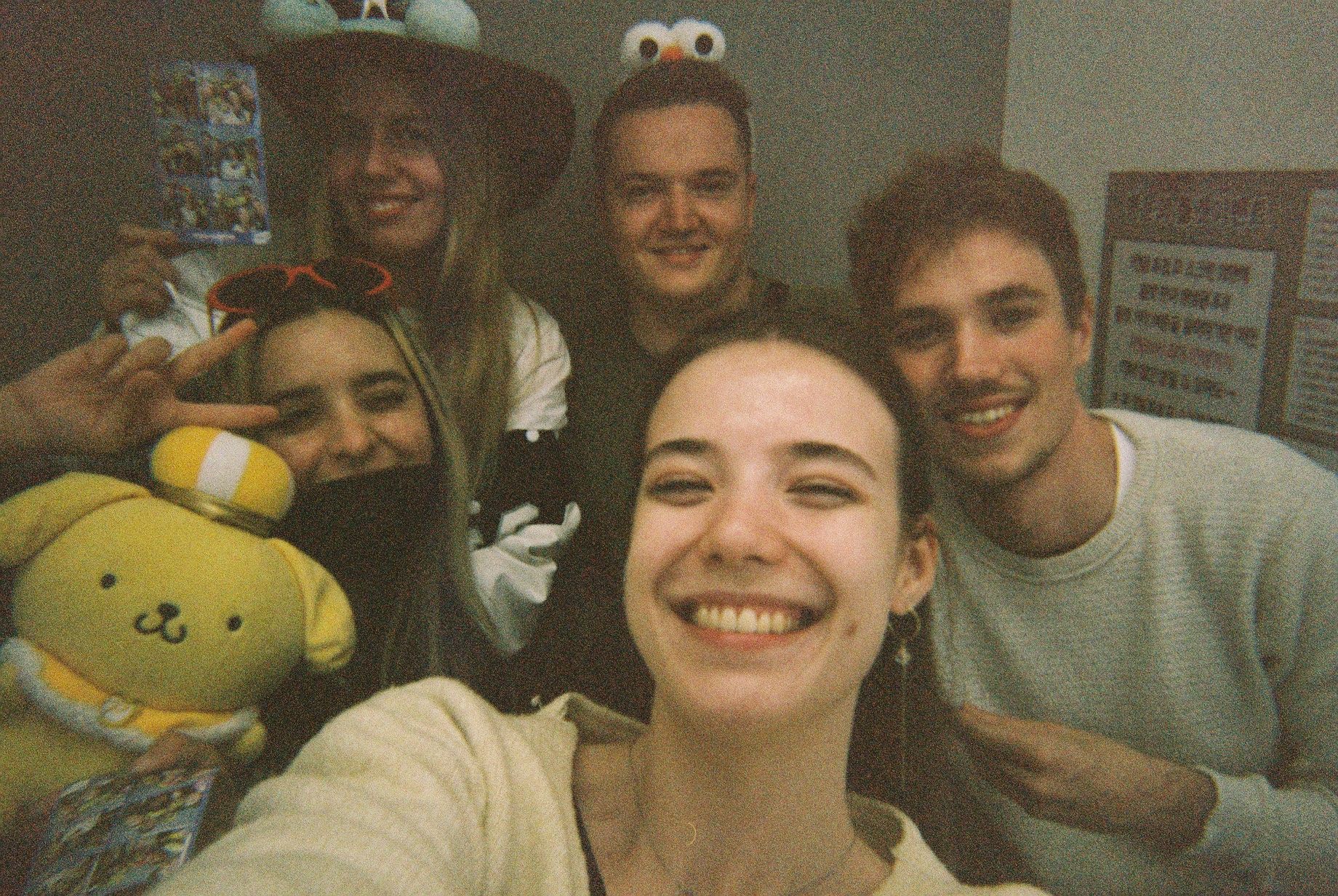



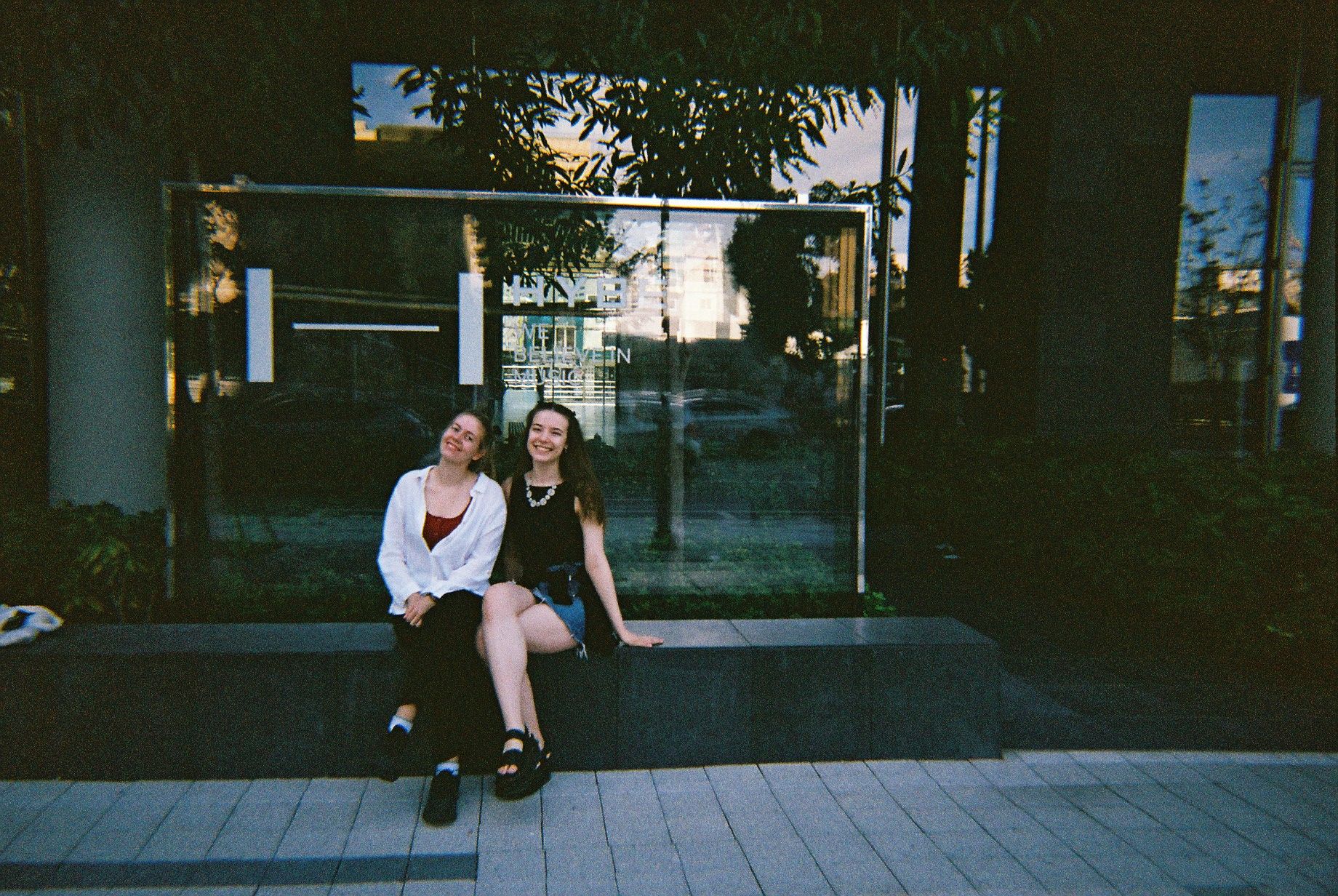

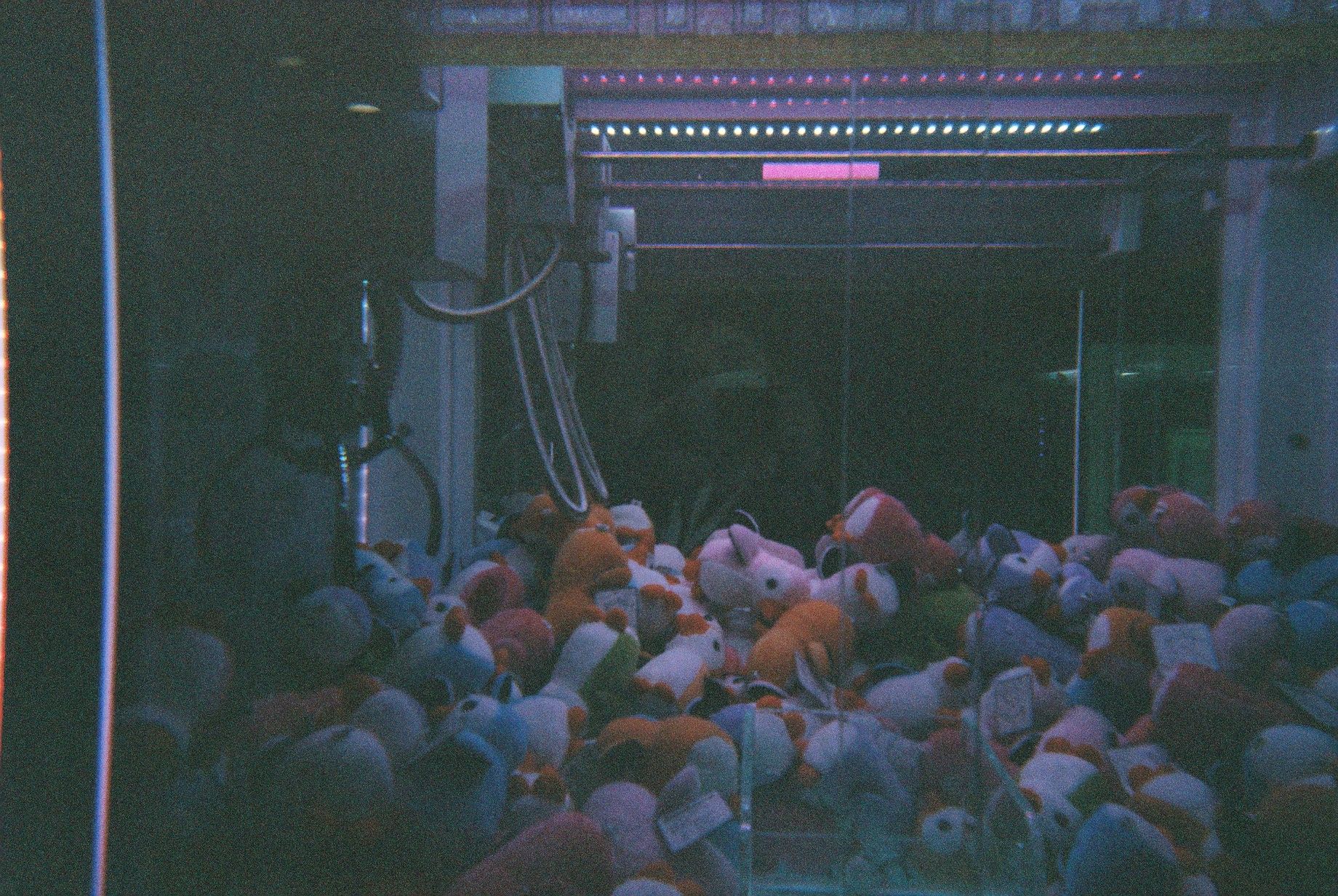

0 Comments(moderated)